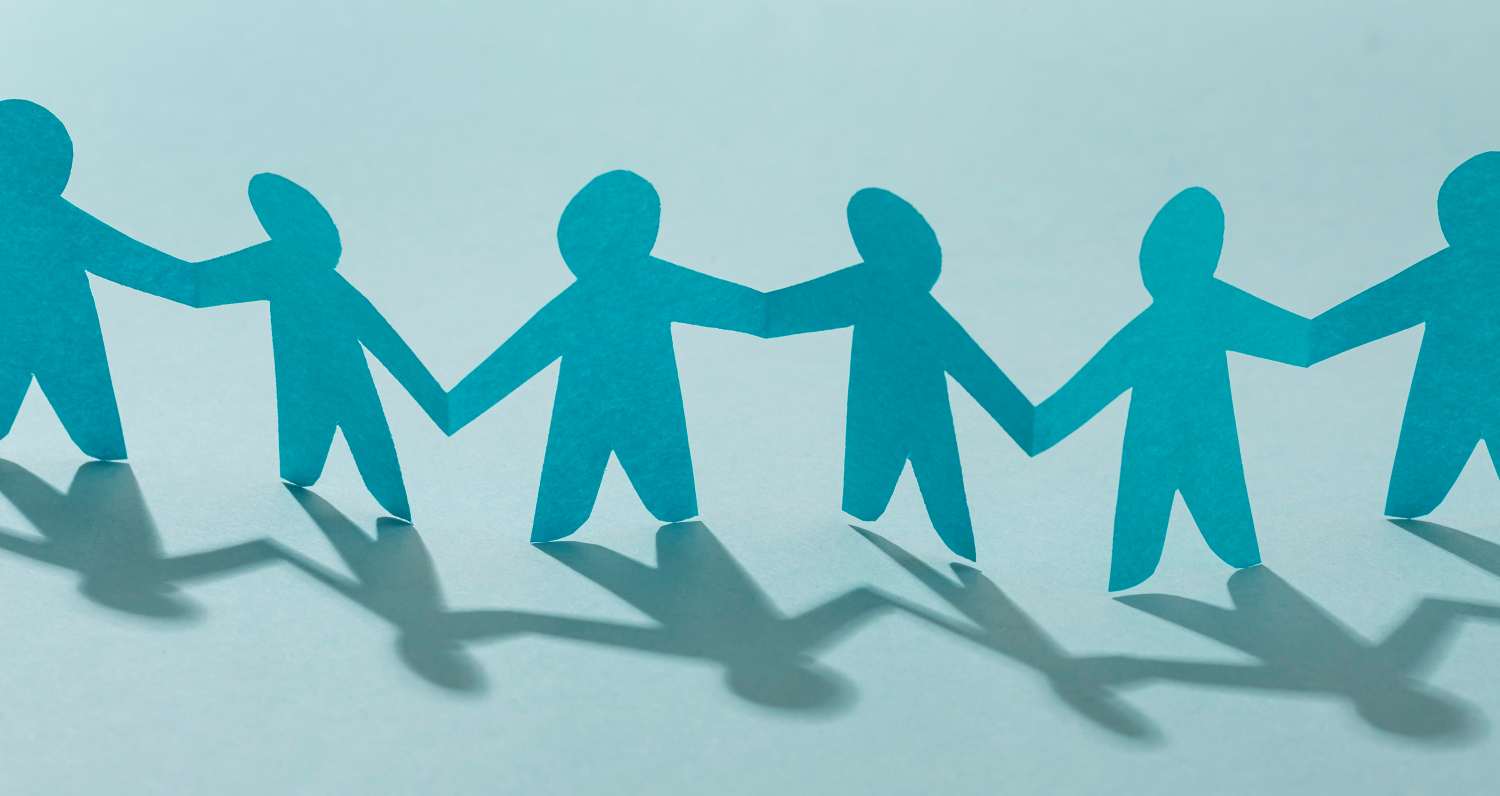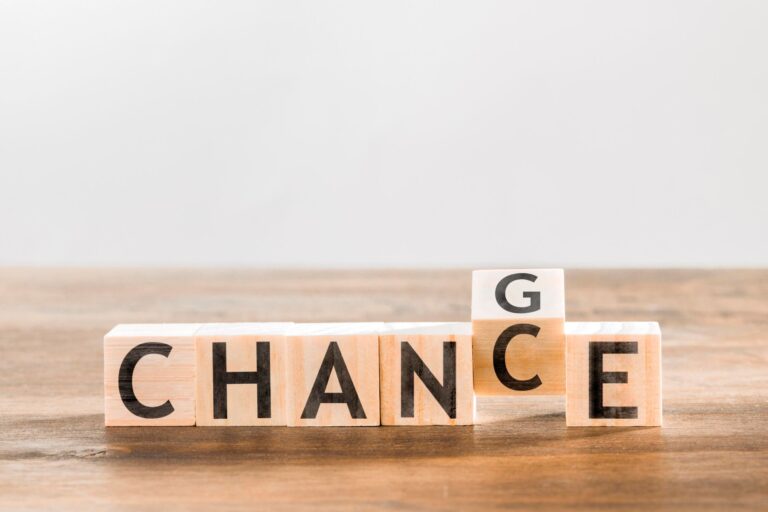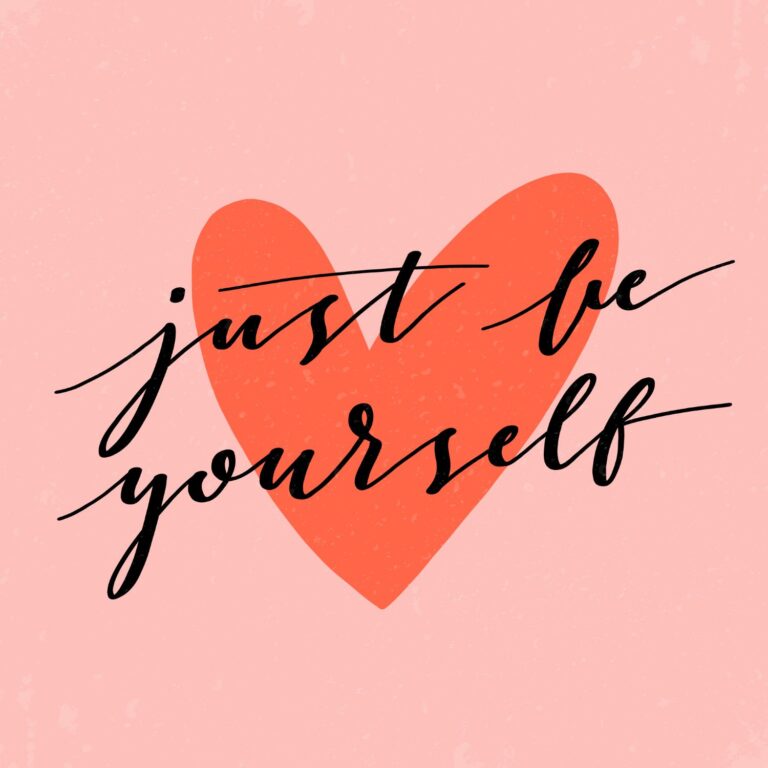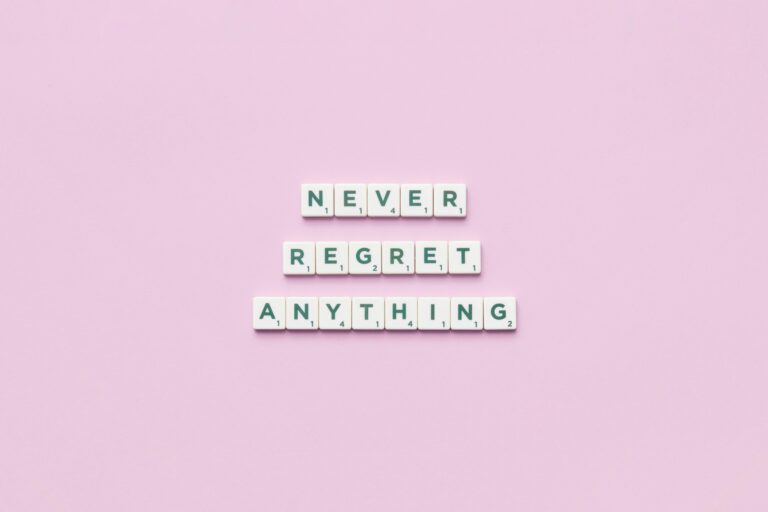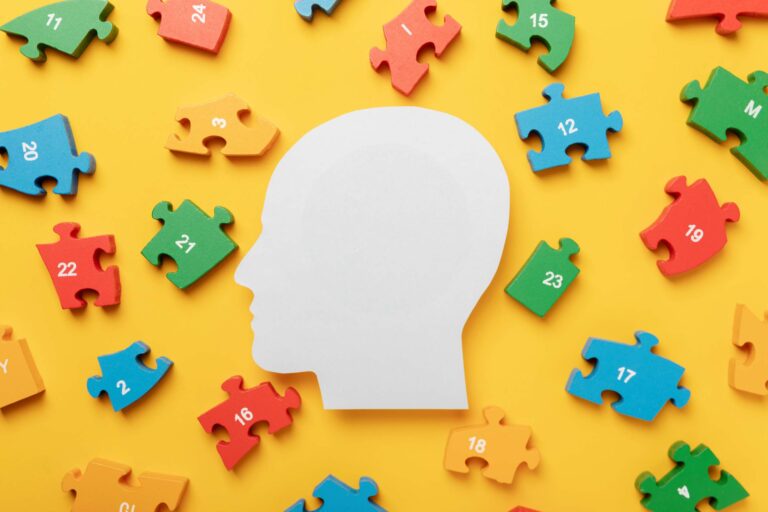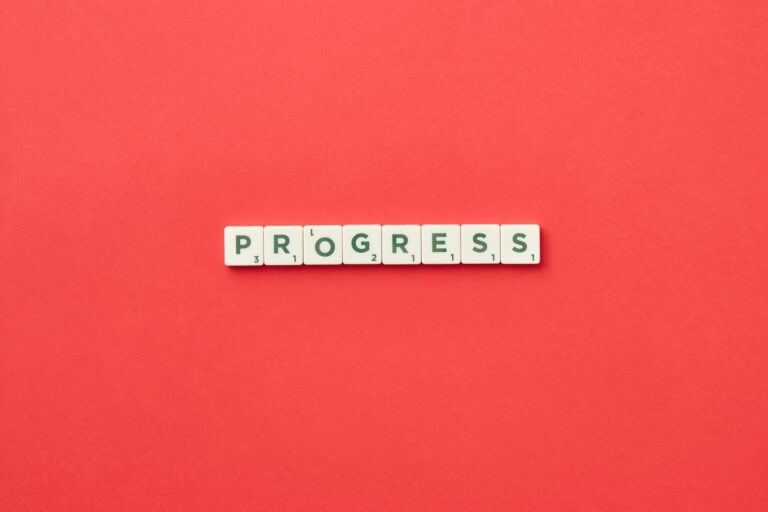The relationship assessment: How to evaluate who lifts you up (and who drains you)
You know that friend you hesitate to text back because it always feels like emotional labor? Or the one who makes you laugh so hard your cheeks hurt and you leave feeling lighter?
Every relationship adds something to your life. Or takes something away. But we rarely pause to look at which is which.
Some people expand you. They make you feel more like yourself. More capable. More seen. You hang up the phone energized, not exhausted.
Others drain you. Not always in obvious ways. Sometimes it’s subtle – the slight tension in your chest when their name pops up. The way you need a nap after spending time with them. The feeling that you’re performing instead of connecting.
And then there’s everyone in between. The relationships that used to work but don’t anymore. The ones that could work if something shifted. The ones you’re maintaining out of obligation, not desire.
Here’s what I know – your emotional environment matters more than anything you own. The people around you are either helping you become who you’re trying to be, or they’re keeping you stuck in who you’ve been.
A relationship inventory helps you see your social circle clearly, so you can actually invest in the people who fill you up instead of the ones who drain you.
Related reads
- How to set boundaries: 7 days of practice to say ‘no’ without guilt
- Best personal growth quotes to inspire your journey
- Self reflection journal prompts: The questions that change everything
- Mastering the art of saying no: How boundaries bring you freedom and peace
Why relationship assessment matters more than you think
We talk about decluttering closets and inboxes all the time. But rarely about decluttering our relationships.
Yet the people you spend time with shape everything. Your energy. Your mindset. Your belief about what’s possible for you. Your willingness to grow or your comfort staying small.
You can have the best morning routine, the clearest goals, the strongest boundaries with yourself and still feel stuck if you’re surrounded by people who don’t support the version of you that’s trying to come out.
This isn’t about being cold or calculating. It’s about getting honest.
Because right now? You’re probably giving the same energy to everyone. The person who shows up for you gets the same time as the person who only calls when they need something. The friend who celebrates you is treated exactly like the friend who gets weird when good things happen to you.
And you wonder why you’re tired. Why you feel resentful. Why you don’t have energy left for the relationships that actually matter.
A relationship inventory gives you awareness. And awareness gives you choice.
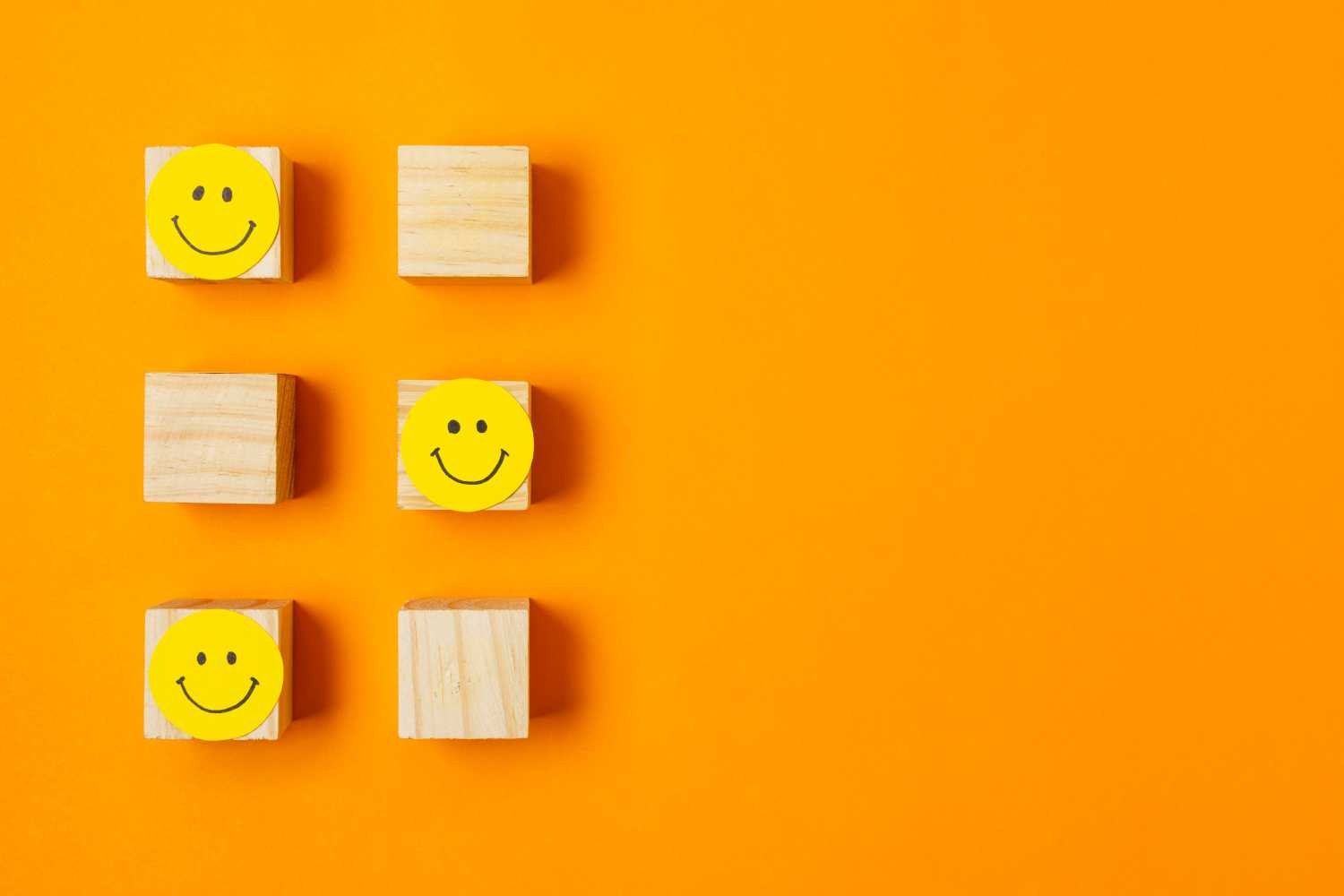
Step 1: Make your relationship list
First, you need to see who’s actually in your life.
Grab a notebook, open a note on your phone, or create a simple document. Whatever works. Just get it out of your head and onto something you can look at.
Write down everyone you interact with regularly:
- Close friends
- Casual friends
- Family members
- Coworkers
- That group chat you’re in
- The “on-and-off” connection you can’t quite define
- Anyone who takes up mental or emotional space
Don’t filter yet. Don’t judge. Just list them.
You might be surprised how many people you’re carrying around emotionally, even if you don’t see them often.
Step 2: Rate each relationship
Now comes the honest part. You’re going to rate these relationships based on how they actually feel, not how you think they should feel or how they used to feel.
Here’s a simple framework you can use:
Create columns for:
Person’s name
Energy after interaction (+3 to -3 scale)
+3 = I feel uplifted, energized, more myself, 0 = Neutral, nothing changes, -3 = Drained, exhausted, need to recover)
Emotional safety (safe / sometimes / unsafe)
- Can I be real with this person?
- Do they make me feel accepted or judged?
Mutual effort (balanced / one-sided / I do all the work)
- Who initiates most contact?
- Who shows up when it matters?
Trust level (1-10)
- Can I be vulnerable here?
- Do they keep my confidence?
Growth impact (helps me become better / keeps me the same / holds me back)
- Do they support who I’m becoming?
- Do they celebrate my wins or get weird about them?
Example:
|
Person |
Energy |
Safety |
Effort |
Trust |
Growth |
|---|---|---|---|---|---|
|
Sarah |
+3 (always uplifted) |
✅ Always safe |
Balanced |
10/10 |
Expands me |
|
Mike |
-2 (drained/tired) |
⚠️ Sometimes dismissive |
One-sided |
4/10 |
Keeps me small |
|
Mom |
+1 (mixed but loving) |
✅ Safe |
Balanced |
7/10 |
Stable |
|
Jessica |
0 (nothing shifts) |
⚠️ Surface level only |
I do the work |
5/10 |
Neither |
Don’t overthink this. Go with your gut. Your body already knows the truth – your brain is just catching up.
The point isn’t perfection. It’s clarity.
Step 3: The friendship audit questions
After rating, go deeper with reflection. These questions help you understand the patterns behind the numbers.
Energy and emotion
How do I usually feel before and after spending time with this person?
Notice the before. Do you look forward to seeing them or dread it? Do you need to psych yourself up? And the after. Do you feel lighter or heavier? More energized or completely drained?
Do I feel seen and accepted, or like I’m constantly performing?
Can you be yourself – messy, uncertain, imperfect – or do you edit yourself to make them comfortable? Real relationships let you be real. Performative ones require you to maintain an image.
Do they celebrate my wins or make them smaller?
Pay attention to the micro-reactions when you share good news. Do they genuinely light up? Or is there a slight shift – a redirect, a comparison, a “joke” that doesn’t feel like a joke?
People who are secure celebrate you. People who aren’t make your success about them somehow.
Mutual effort
Who initiates most of our contact?
If you stopped reaching out, would this relationship exist? If the answer is no, you don’t have a relationship. You have a volunteer position.
Is there reciprocity – emotional and practical?
Do both people give and receive? Or is one person always the supporter and the other always the supported? Temporary imbalances are normal. Long-term patterns show you what’s actually happening.
When I need support, do they show up? When they need support, do I?
Notice who’s there in the hard moments, not just the easy ones. And notice whether you feel safe asking for support or if you’ve learned not to bother.
Growth and alignment
Does this relationship support the version of me I’m becoming?
Some relationships fit who you used to be but don’t fit who you’re becoming. That’s not anyone’s fault. It’s just growth.
Do our values still align, or have we grown in different directions?
You can love someone and still recognize that you want different things now. That you prioritize differently. That what matters to them doesn’t matter to you anymore or vice versa.
Am I honest in this relationship, or do I shrink to keep the peace?
If you can’t disagree, set a boundary, or be yourself without the relationship imploding, it’s not a safe relationship. It’s a fragile one you’re carefully maintaining.
Boundaries and red flags
Do I feel drained, guilty, or anxious after interacting?
Your body is giving you information. Listen to it.
Do I often justify their behavior or make excuses for them?
“They’re just going through a hard time.”
“That’s just how they are.”
“They don’t mean it like that.”
If you’re constantly explaining away someone’s impact on you, pay attention to that pattern.
Have I expressed my needs and were they respected?
It’s one thing for someone not to know what you need. It’s another thing entirely when you’ve told them clearly and they still disregard it.
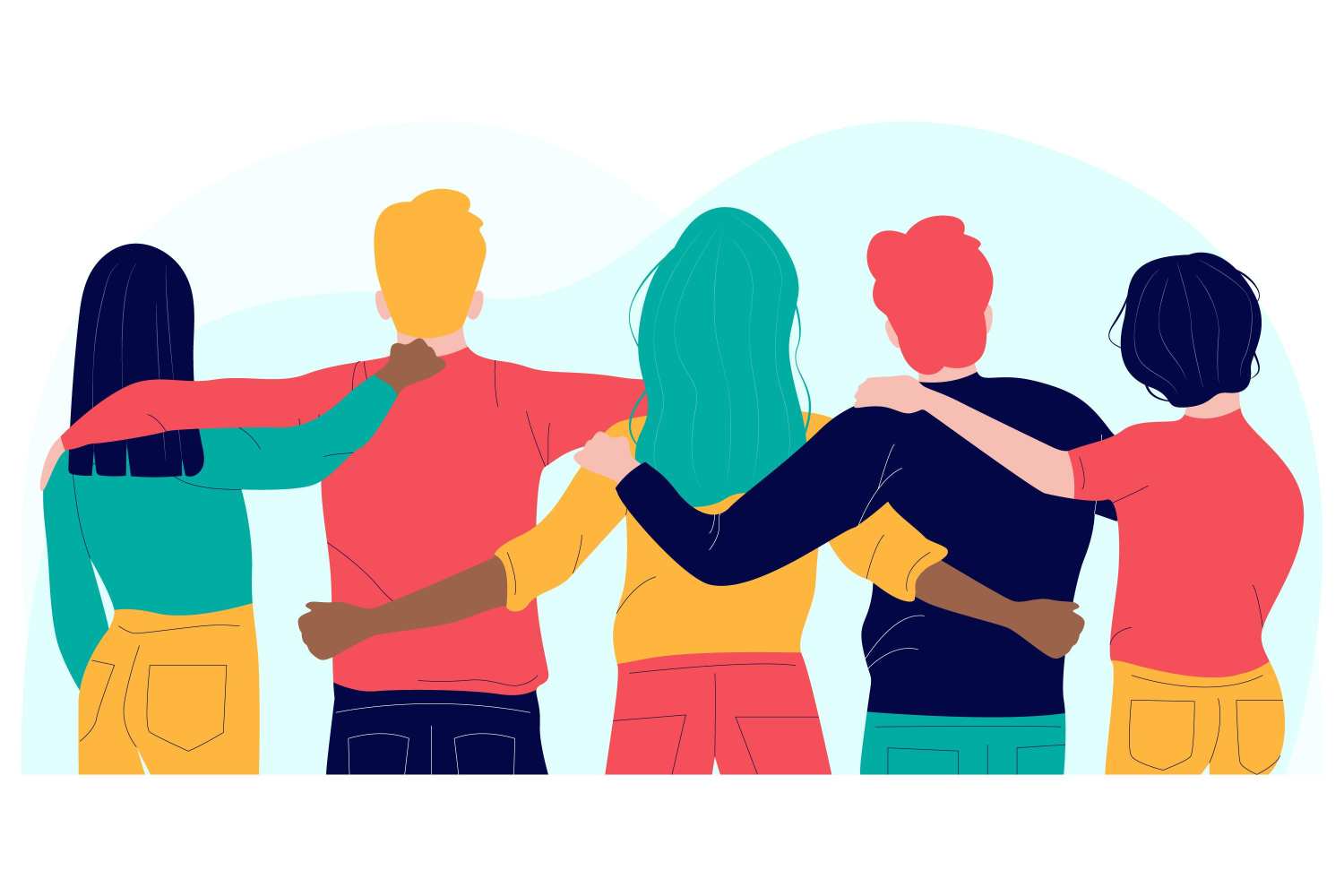
Step 4: Make sense of the results
Look at your ratings and reflections. What patterns emerge?
You might notice that the people who expand you:
- Listen without trying to fix you
- Ask real questions and remember your answers
- Respect your no’s without making you feel guilty
- Celebrate your wins without making them about themselves
- Can handle your honesty without getting defensive
And the ones who drain you:
- Turn every conversation back to themselves
- Interrupt or talk over you
- Always seem to have a crisis when you do
- Make you feel guilty for having boundaries
- Get competitive or weird when good things happen to you
Sometimes awareness alone shifts things. You start showing up differently. You stop over-functioning in one-sided dynamics. You create space between interactions.
Other times, awareness shows you that nothing’s going to change unless you change something.
You’re not judging people – you’re noticing patterns. This is information, not drama. You’re allowed to observe how relationships actually feel without making yourself wrong for noticing.
Step 5: The relationship action plan
Based on what you’ve learned, relationships generally fall into three categories. Each one requires a different approach.
Nurture: “This relationship fills me up”
These are your keepers. The people who make you feel more like yourself. The relationships that are reciprocal, safe, and genuinely supportive.
What to do:
- Invest more intentionally here
- Reach out first sometimes
- Make real plans, not vague “we should hang out” texts
- Tell them what they mean to you
- Protect this relationship – don’t take it for granted
Journaling prompt:
How can I show appreciation and deepen this connection? What does this person need from me that I could offer more of?
Adjust: “This matters, but something needs to change”
There’s something good here, but the relationship needs boundaries or recalibration. Maybe they’re going through something and the dynamic is temporarily imbalanced. Maybe you need to be clearer about your needs. Maybe the relationship could work if one thing shifted.
What to do:
- Get clear on what would need to change
- Have the honest conversation
- Set the boundary you’ve been avoiding
- See if the relationship can adjust
- Give it a real shot, but don’t ignore the pattern if nothing changes
Journaling prompt:
What boundary or honest conversation would help rebalance this relationship? What am I willing to try before deciding it doesn’t work?
Release: “This connection drains me, and I’ve outgrown it”
Some relationships have run their course. You’ve grown in different directions. Every interaction feels like obligation, not desire. They take more than they give, and you’re exhausted.
What to do:
- Create distance – actual, intentional distance
- Stop initiating and see what happens naturally
- Let it fade without drama if possible
- If you can’t fully remove them (family, coworkers), set firm boundaries around time and energy
- Release the guilt about prioritizing yourself
Journaling prompt:
What do I need to let go of – guilt, obligation, fear of judgment – to create space for relationships that actually nourish me?
Step 6: Your relationship ecosystem
Think of your relationships as an ecosystem. Everything affects everything else.
When you’re surrounded by people who drain you, you have less to give to people who deserve it. When you’re maintaining relationships out of obligation, you’re too tired to build new connections.
But when you start protecting your energy? When you invest in relationships that actually feel good? Everything changes.
You’re not ranking people to be harsh. You’re learning to notice who feels like sunlight and who feels like shade.
You’re not cutting people off to be cold. You’re creating space for the relationships that actually matter.
Healthy relationships are the foundation of everything else – your energy, your growth, your belief in yourself, your willingness to keep trying.
This inventory isn’t about control. It’s about alignment.
When you start surrounding yourself with people who lift you higher, everything in your life gets lighter too.
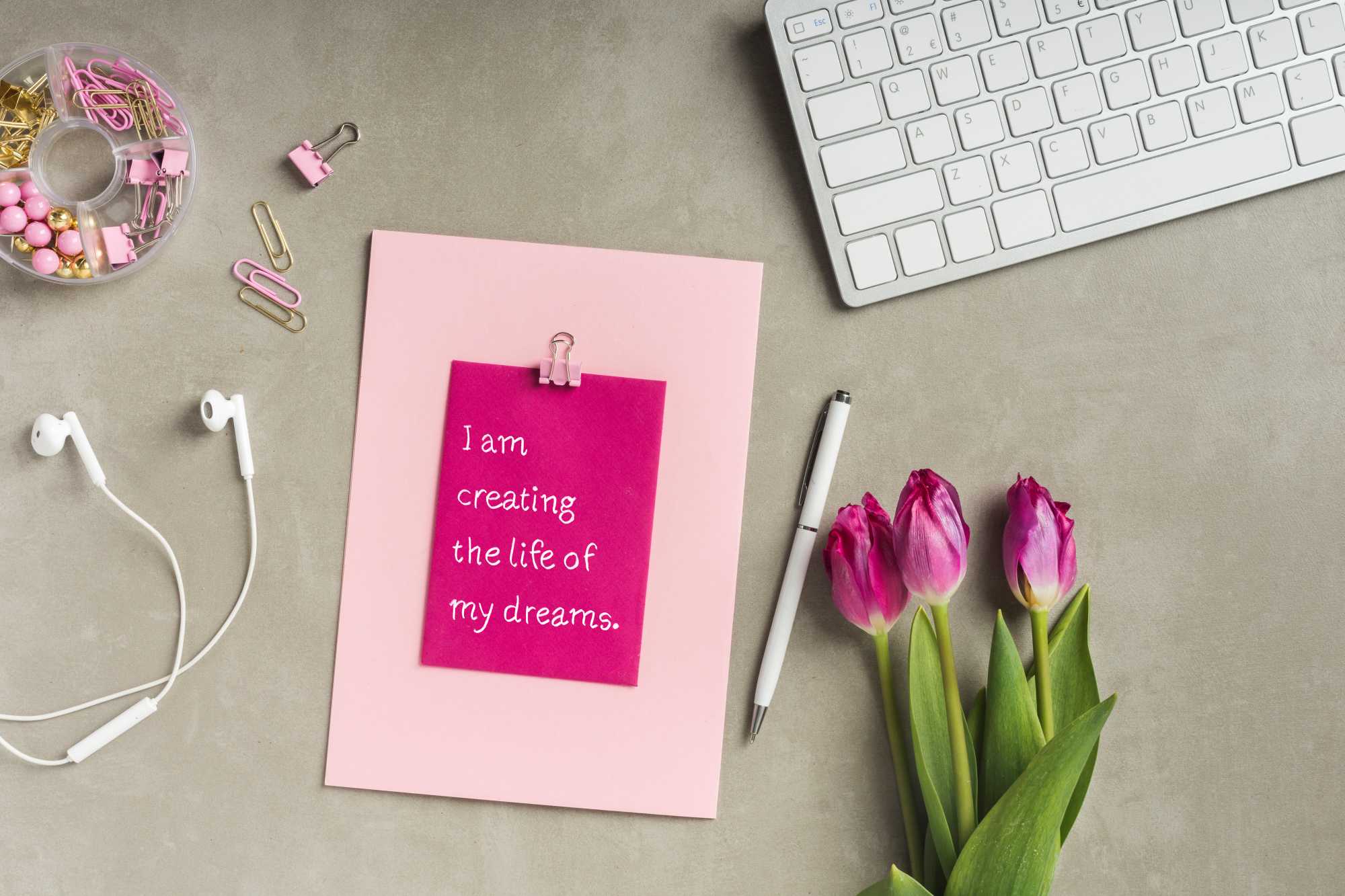
What about guilt?
You’re going to feel it. Guilt for evaluating people. Guilt for creating distance. Guilt for wanting relationships that actually feel good.
Let me be clear – that guilt is not serving you.
Staying in draining relationships doesn’t make you a good person. It makes you a tired, resentful person who has nothing left for the people who actually deserve your energy.
You’re not responsible for managing everyone else’s emotions. You’re not required to set yourself on fire to keep someone else warm.
And the people who genuinely care about you want you to have boundaries. They want you to protect your energy. They don’t want you shrinking yourself to accommodate them.
The ones who get mad when you create boundaries? They’re mad because they benefited from you not having any.
Start right now
You don’t need to audit every relationship today. Start with one.
Pick the relationship that’s been nagging at you. The one where you feel resentful. The one where you’re doing all the work. The one that leaves you drained.
Run it through the framework:
- How does it rate on the scale?
- What do the audit questions reveal?
- Which category does it fall into – nurture, adjust, or release?
Then make one small decision based on that clarity.
Maybe it’s initiating less and seeing what happens. Maybe it’s having the honest conversation you’ve been avoiding. Maybe it’s just creating some space and protecting your energy.
One relationship. One honest evaluation. One intentional choice.
That’s how you start building a life surrounded by people who actually add to it instead of drain from it.
Your energy matters. Your time matters. And you’re allowed to be intentional about who gets access to both.
Ready to go deeper?
Evaluating your relationships is part of building a life that actually fits who you’re becoming. My workbooks offer daily exercises and prompts on boundaries, self-worth, identity, and creating the relationships and life you actually want.
Because surrounding yourself with the right people starts with knowing who you are and what you need.

